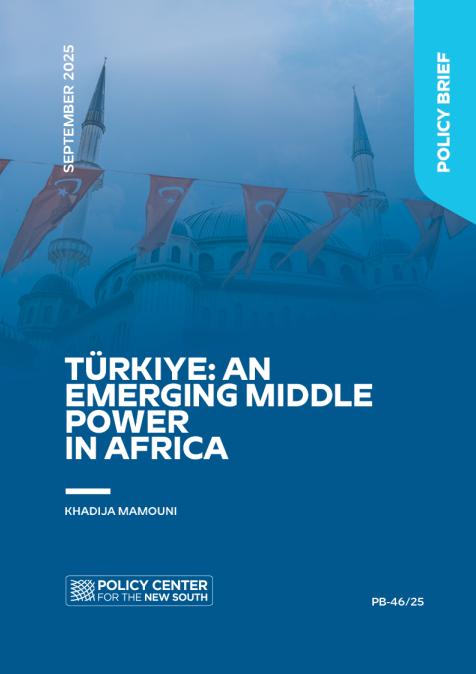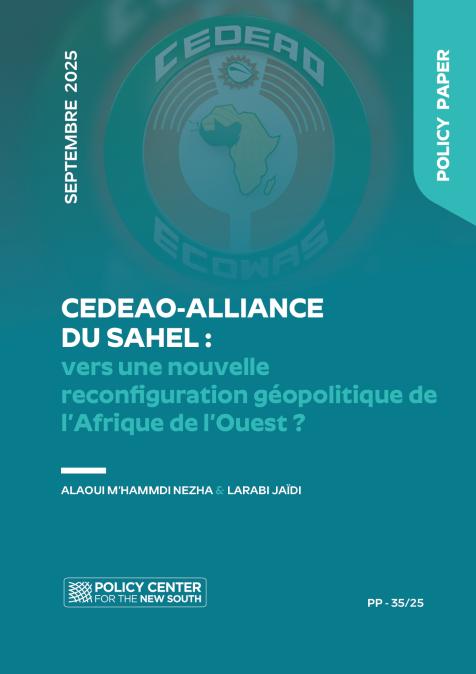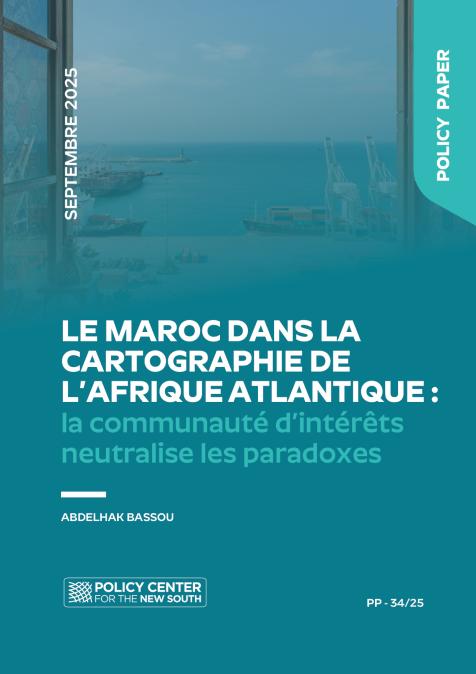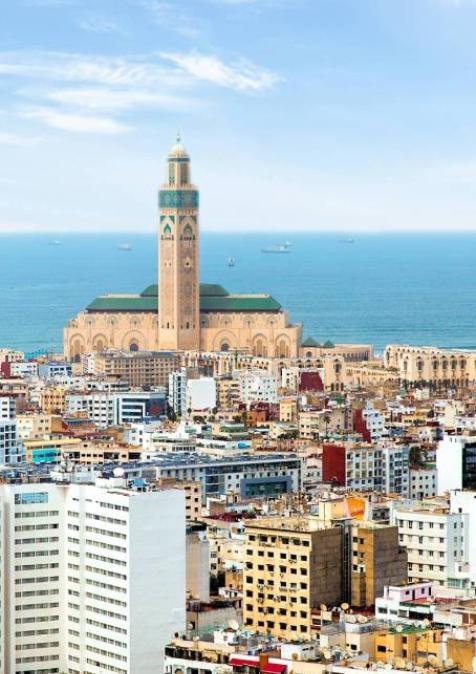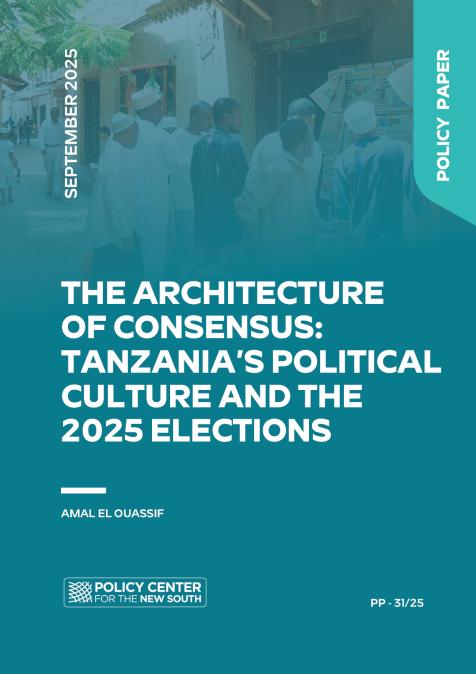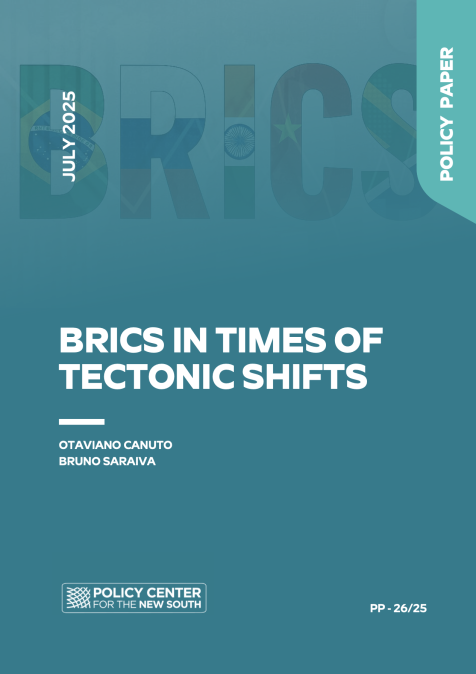Publications /
Opinion
Turkey is flexing its muscles in the Eastern Mediterranean in a dispute ostensibly about energy resources. The dispute has triggered fears of conflict between old rivals Turkey (80 million inhabitants) and Greece (10 million inhabitants). The situation is serious enough for German foreign secretary Heiko Maas to warn that “the least spark can lead to catastrophe”—even war between NATO partners and neighbors. Ankara seems ready to impose its growing naval power, while Athens is ready to defend its maritime rights and several thousand islands against Turkish intrusion.
Turkey “will get its fair share in the Mediterranean, Aegean, and Black Sea,” the country’s president Recep Tayyip Erdogan said in a speech in August, given to commemorate the first Seljuk Turk defeat of the Greek Byzantine Empire, at the battle of Manzikert in 1071. “If we say we’ll do something, we will do it, and we will pay the price,” he said. A few days later, Erdogan marked another military victory over Greece, in 1922, by celebrating the production of Turkey’s first ship-launched cruise missile, as well as trials of a liquid-propelled rocket. “Turkey’s ambitions have imperial echoes,” according to Gerald Butt in the Petroleum Economist (August 4). Erdogan has dispatched troops and military hardware to Northern Iraq, Syria, and Libya, and has sent vessels into Greek waters.
“Turkey’s muscle flexing in the Mediterranean isn’t just about gas,” wrote Bloomberg. “As Turkey rebuilds its maritime might and contests disputed waters, it is once more in conflict with historic adversaries to the west. The growth of the navy reveals the scale—often dismissed outside Turkey—of President Recep Tayyip Erdogan’s ambition to assert his nations interest as a specifically Muslim regional power, able to go toe-to-toe with Russia, Europe and the US. Augmented by new domestically produced surface ships and submarines, the navy has already helped Erdogan to project force abroad with a success that has surprised and alarmed other littoral states. Larger frigates are in the pipeline, and a 27,000 ton light aircraft carrier is due by next year.”
Quoted in the same Bloomberg article, Ryan Gingeras, professor in the Department of National Security Affairs at the Naval Postgraduate School in California, and a specialist in Turkish Maritime Affairs, said: “Not far below the surface is a much more emotive set of issues, the idea that Turkey is the greatest power in the Eastern Mediterranean and should be treated as such. It perceives itself as surrounded by rivals and adversaries and it will use strength to assert itself, because it can.” Erdogan, a devout Muslim, noted the New York Times (August 6), “has become more nationalist and authoritarian. He has broken definitely with Turkish secularism, symbolized by his recent decision to turn Hagia Sophia from a museum back into a mosque. And he pushes hard into the region with neo–Ottoman ambitions, downgrading older alliances to push Turkish interests.” Gerald Butt notes in the Petroleum Economist that “Some sections of Turkey’s media are calling for the restoration of the Ottoman caliphate when the country celebrates a century of independence in 2023”. The tensions are “real and growing”, confirms (August 25) Jonathan Marcus of the BBC. “The Eastern Mediterranean tensions also highlight another shift in the region—the decline of U.S. power, or perhaps more accurately, the decline of the Trump administration’s strategic interest in what goes on there”.
Seat at the Table
Christopher Davidson, a Middle East expert at Britain’s Durham University, was quoted in the Petroleum Economist article as saying that the Turkish President “has identified a significant opportunity to position his country as a key regional power, especially as U.S./EU influence in MENA continues to waver and wane. One of the most straightforward means of boosting Turkey’s status and ensuring it has a seat at the table is to build up its political, economic, and military capital in as many regional hotspots as possible”. An estimated 10,000 Turkish troops are engaged in Syria and Iraq. In Libya, a treaty signed in 2019 between Ankara and the government of National Accord in Tripoli assured the feeble government of delivery of military hardware and seasoned Turkish troops, some flown in from the Syrian battlefields, and established a common maritime border midway between the two countries’ waters, overlapping Greece’s Exclusive Economic Zone, as well as some Greek islands such as Crete. The European Union declared the agreement a violation of international law. The Libyan agreement also gives Turkey the right to explore for hydrocarbons off the Libyan coast. The Turkish intervention, including arms deliveries forbidden by UN resolutions, lifted the siege of Tripoli and pushed forces loyal to the Benghazi-based military leader Khalifa Haftar eastwards.
The surprise Turkish intervention (and success) alarmed Arab States, reported the Petroleum Economist. An editorial in the Saudi daily Al Riyadh stated that the region appeared to be witnessing the reawakening of historical Ottoman Turkish aspirations to dominate Arab lands. The battleground for this struggle, confirmed the BBC, “extends from Libya across the waters of the Eastern Mediterranean to Syria and beyond”. Last month, Egypt and Greece signed a maritime deal that sets the sea boundary between the two countries and demarcates an exclusive economic zone for oil and gas drilling rights. Egypt, Cyprus, Israel, and Greece have united to advance a $6 billion pipeline project, hoping to send gas to Europe. Turkey feels excluded. Ankara argues that a country’s continental shelf should be measured from the mainland; Greece insists that its islands must be taken into account in delineating a country’s continental shelf, in line with the UN law of the sea. None of these controversial positions, wrote Bloomberg, “makes war between the two countries inevitable or even probable, but escalation risks are rising”. According to Hugo Decis, a research analyst at the International Institute of Strategic Studies, quoted by Bloomberg, “What we should really be worried about is the development of a dynamic fait accompli, where Turkey starts to take the same kind of steps as China” (a reference to the militarization of reefs in the South China Sea). Erdogan threatens to go to war to defend his nation’s right to explore for oil and petroleum in the Mediterranean Sea, even if he has to drill illegally in Greek waters. The aim of his opponents, the Turkish leader argues, is “to imprison our country, which has the longest coastline in the Mediterranean Sea, into a coastal strip from which you can only catch fish with a rod”. The authoritarian leader’s answer has been to send survey and drilling ships to explore off Cyprus, prompting European sanctions.
The opinions expressed in this article belongs to the author.


